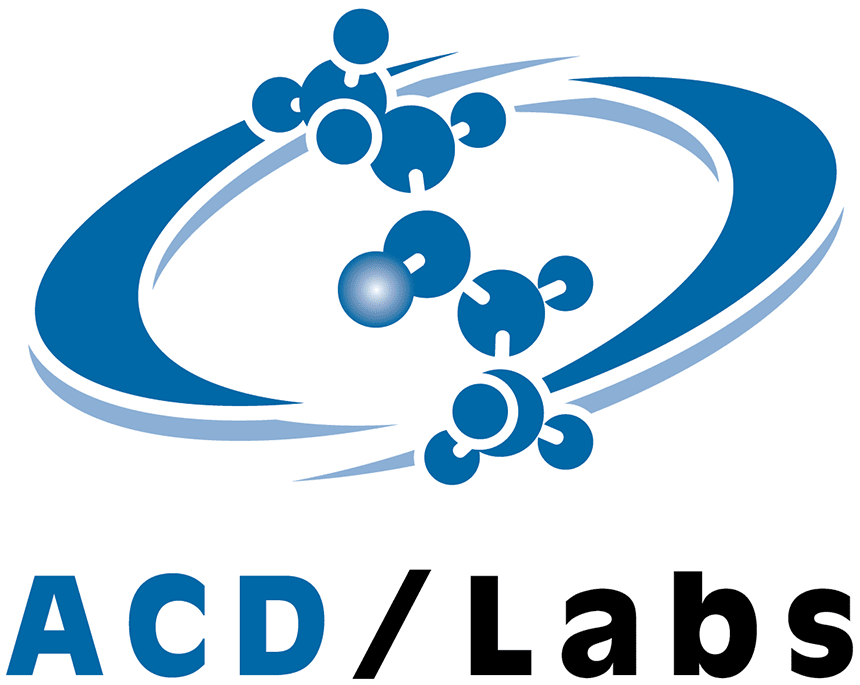Shimadzu’s Nexis GC-2030 can analyse >220 samples in a single day, thanks to a highly optimised and robust method with an injection-to-injection time of <6.5 minutes per sample. Despite the speed, this method resolves benzene and toluene from the solvent (pentane) and fully elutes compounds up to tetratetracontane (C44). This allows it to be applied to almost all TPH applications.
During the production and use of petroleum hydrocarbon products, the environment, including waters and soils, is repeatedly contaminated.
These products do not biodegrade readily and some pose risks to health, meaning the control of contamination is very important. The analysis of petroleum products in waters and soils is commonly referred to as TPH (Total Petroleum Hydrocarbon), which covers a range of standardised method variants.
Since some classes of petroleum products pose greater risks than others, simply reporting the total concentration of TPH does not provide a robust basis for evaluating the potential risks to the environment and human health.





